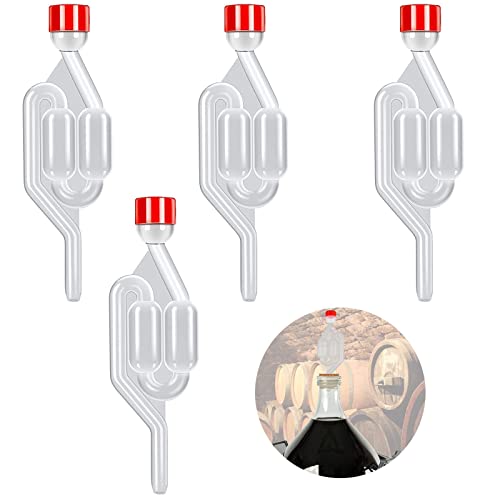strange-steve
Quantum Brewer
- Joined
- Apr 8, 2014
- Messages
- 6,027
- Reaction score
- 5,805
It's not really of much use I'm afraid, as you mentioned it doesn't have an alkalinity value. It doesn't have calcium either as far as I can see, but it can be approximated from the hardness and magnesium figures (probably around 100 ppm). Your water probably has an alkalinity in the mid 200s, but you'll need a Salifert kit to test it yourself.So I am looking to give this a go on my next brew. However I do not think I have all the relevant information on my water report. Could anyone help me by the link below a scan? On the opening page it does say Hardness The water supplied in the HOLLOWAY zone is HARD water. Calcium carbonate(CaCO3): 270 ppm. There is no mention of alkalinity in the report except to say No Limits. Finally, I always do MAXI BIAB using 5l of Ashbeck to top up. Do I need to treat that too? If so will I need to boil it to sterilise? Sorry, these are probably really stupid questions. Thanks in advance to anyone who can spare some time to help!
Regarding your second question, I personally wouldn't bother treating the top up water separately, just add a little more of your calcium salts to the mash water to compensate for the dilution.



























![BREWING THERMOMETER STICKERS ACCURATELY MONITOR FERMENTING BEER & WINE LIQUID TEMPERATURES 5PCS HOME BREW SPIRITS WINE LCD ADHESIVE [US]](https://m.media-amazon.com/images/I/311DDjo2X3L._SL500_.jpg)












